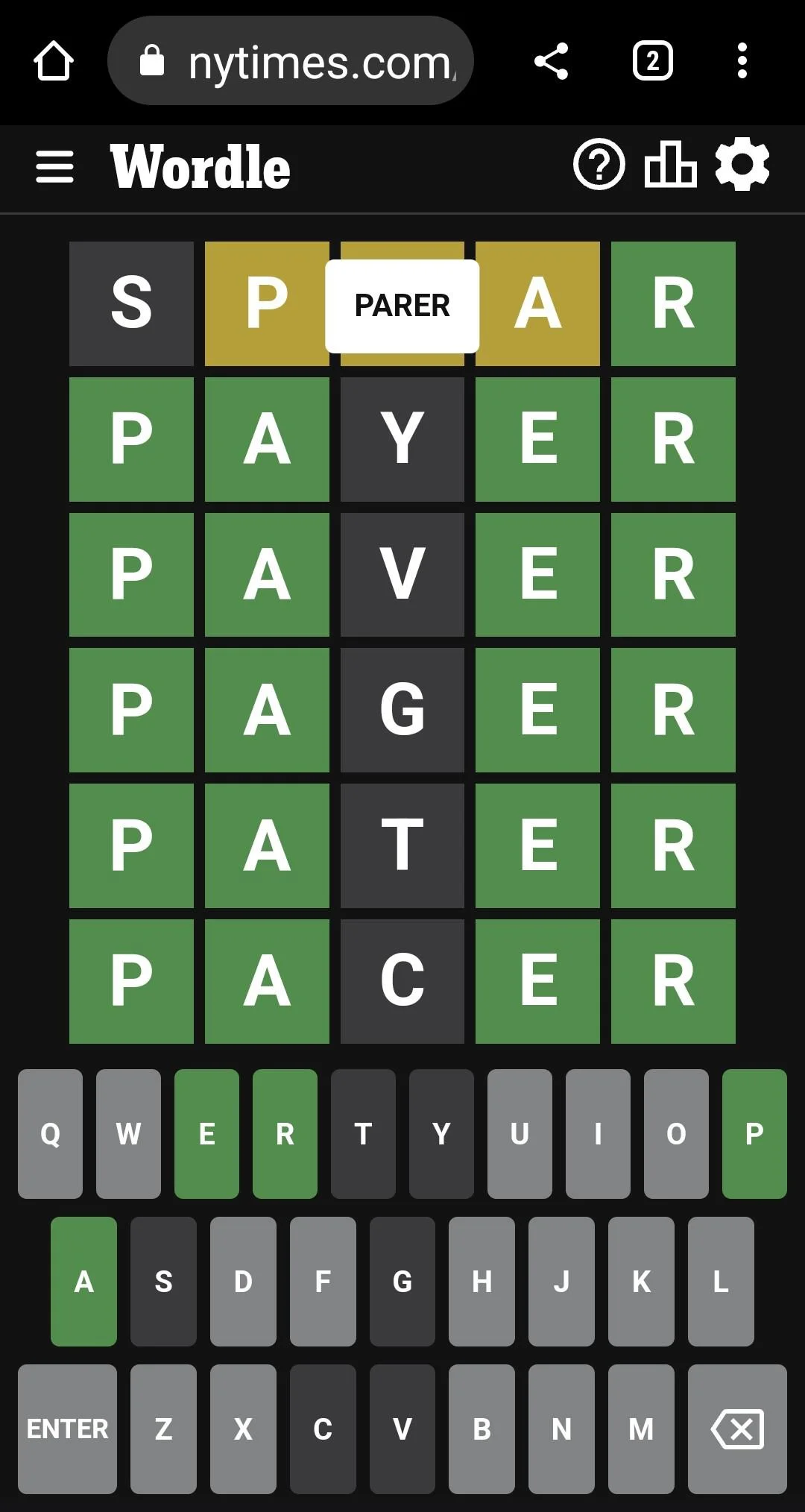How “Wordle editor” became a real job at The New York Times (original) (raw)
Bennett, as seen in a 2019 New York Times illustration.
Bennett, as seen in a 2019 New York Times illustration. Credit: Ben Kirchner / New York Times
Bennett said her process might include scheduling a week's worth of words in a one-day session, then spending time over the next four or five days "researching the etymologies and histories of those words as carefully as I can." That kind of deep research is key, Bennett said, in order "to see if there are any secondary meanings that are unsavory, or potentially offensive or hurtful."
"Even if it's defensible as a legitimate word aside from that secondary meaning, we have so many words to choose from that it's not necessary to take that chance and choose that word," she continued. "Even if I assume that I know what it means and that there are no secondary meanings, I still look."
Bennett said there were two recent Wordle solutions (which ran before she officially took over on November 7) that received some complaints from users for potentially offensive hidden meanings. She wouldn't specify those words to Ars, as "they aren't obvious to everyone as derogatory terms, but when you do look them up, you see that it's there and it's findable. And if that's the case, we're probably just going to not run this."
Then there are words that aren't offensive in and of themselves, but still might come across as inappropriate sitting next to the news of the day. That was the case in May when "FETUS" was randomly set to run as the daily Wordle solution just as news of the Supreme Court's abortion-related Dobbs decision was leaking.
Bennett said the NYT puzzle team had "mixed opinions" about what to do about that happenstance, "but ultimately, it was decided [it] could be ... upsetting or might feel like it was chosen intentionally, or be suspect in some way. ... There is an element of scheduling the words that is an editorial issue, too, so that's something that I would want to be thinking about, if the timing is right."
How hard should Wordle be?
Aside from outright offensive words, Bennett said she's also on the lookout for words "that aren't very idiomatic." She cites September 16's "PARER" puzzle—often mentioned as the hardest Wordle puzzle so far—as an example of "something that people don't actually think about a lot as a word. ... It's not a normal kind of accessible word, in addition to having been hard to solve for."
"I had people walking up to me—people who knew I was working on Wordle before it was announced, my friends and family—saying that [PARER] was not cool," she continued.
Bennett said she wants to avoid words like PARER which have frustratingly common four-letter patterns and/or "aren't very idiomatic."
Bennett said she wants to avoid words like PARER which have frustratingly common four-letter patterns and/or "aren't very idiomatic."
Bennett said Wordle puzzles won't end up like the NYT's crossword puzzles, which have a distinctive continuum of difficulties that increases from easy puzzles on Monday to the toughest ones on Saturday (Sunday puzzles are somewhere in the middle). Instead, Bennett said she wants a good variety of Wordle puzzle difficulties throughout a week, "so that it feels easy one day and it feels hard another day."
That said, Bennett said she's still getting a feel for what makes a Wordle puzzle too easy or too hard. "Even with PARER, I don't think it was out of range," she said, despite the fact that 48 percent of player-tweeted results for that puzzle reportedly failed to find the answer in six guesses.
While many Wordle players are highly protective of their streak of daily successes, Bennett said she personally was never that interested in maintaining her own streak. Nor is she all that interested in making sure other players can feel safe in their streaks.
"I think it's okay for people to have a streak broken once in a while," she said. "You don't always want to win, then I think the game will get boring. So you do want it to be challenging enough that occasionally you might not make it in six [guesses]. But I haven't figured out how often something like that should come up. ... My bosses will definitely tell me if they think things are too hard."

